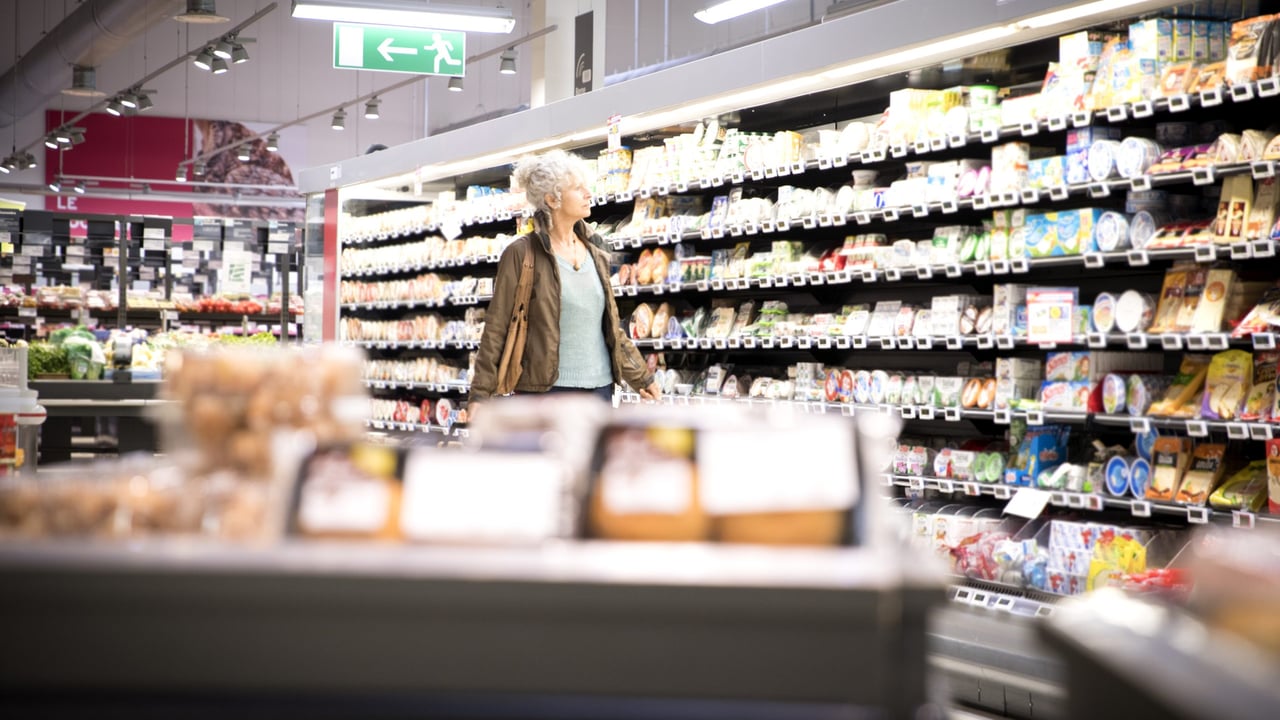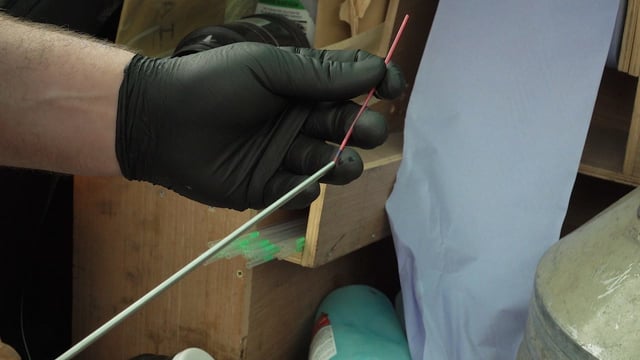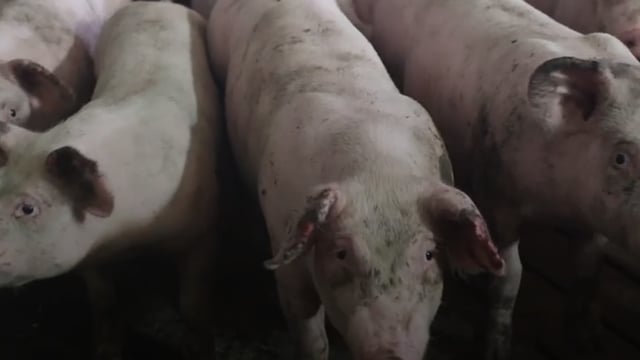Study: Ireland's top supermarkets urged to take action on methane emissions
A new study suggests that supermarkets and food retailers are failing "to get to grips with massive methane emissions in their supply chains".
The study by the Changing Markets Foundation and Mighty Earth shows that none of the top 20 global food retailers report on their methane emissions or have set methane emissions reduction targets.
It also highlights that meat and dairy make up an estimated "one third of their total emissions".
In an assessment of their methane reductions across 18 indicators, 19 of the top 20 major food retailers, based in the USA and Europe, scored less than half of the total points available.
Only Tesco hit a score of 51/100 while the average score across all indicators amongst retailers was 20/100.
According to the Changing Markets Foundation and Mighty Earth this indicates "a dismal lack of action and major room for improvement".
Maddy Haughton-Boakes, senior campaigner at the Changing Markets Foundation, said methane emissions are a major "blindspot" of supermarkets globally.
"Our scorecard reveals a complete lack of action, with the most powerful players in the food supply chains completely ignoring their government’s commitments to cut methane emissions by 30% by 2030. This must change urgently.
“Ireland, as part of the EU, is signed up to the Global Methane Pledge, yet the companies that dominate the supermarket industry there - Schwarz Group, Aldi Süd and Tesco - are failing to treat their supply chain methane emissions with the urgency required.
"These three companies may be in the top 10 but there are no real leaders here, she said.
Haughton-Boakes also warned that "cutting methane this decade is our emergency brake on runaway global heating, yet retailers are barely putting their foot down".
"The companies that dominate our food system must step up now and take real action to slash their methane emissions," she said.
The Changing Markets Foundation and Mighty Earth are urging retailers to set a target to reduce methane emissions by at least 30% by 2030, and report these emissions annually.
They have said that as part of this work, companies must:
- Urgently develop climate plans to reduce methane from meat and dairy sources;
- Adopt increased public transparency in climate reporting, and disclose methane emissions;
- Set an ambitious target for absolute methane reductions;
- Increase company ambition for plant-based sales with a 60/40 protein split, plant-based versus meat protein.





